
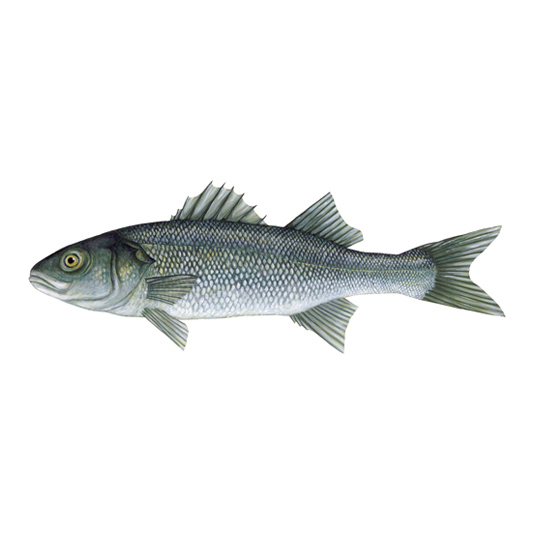
An athletic, predatory fish found in coastal areas around Europe, bass is prized by anglers and chefs. It has delicious white flesh and beautiful sivery scales with robust spiney fins and a powerful tail. Bass have been over-fished in European waters in recent years. Following Europe wide improvements in management stocks of bass are beginning to recover and line and trawl caught bass is now again recommended by Cornwall Good Seafood Guide.
The improvement of bass ratings seen this summer are due to the stock score changing this year from 0.5 to 0.25. This means an improved rating of 3 for trawl caught bass in Cornish waters. Gill net caught bass is still rated a 4 and handline bass is still rated 3.
Bass has this year seen an improved stock score due to stock size being near MSY and fishing effort being well below MSY according to the latest ICES advice on seabass in our area. The management score for bass is poor at 0.75 (out of 1) due to the lack of an effective control rule and need for improvement in management. In terms of fishing methods, trawling gets a score of 0.5 out of 1, due to issues with damage to seabed and lack of selectivity. Gill netting is given a poor score of 0.75 reflecting issues with by catch of non-target species, cetaceans, seabirds, sharks and seals.
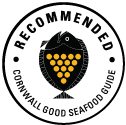
Cornwall, ares VII e, f g and h
Demersal trawls are large nets that are pulled through the water with the bottom edge of the net touching the seabed. At each edge the net is pulled open by metal ‘trawl doors’. Sometimes referred to as Otter trawling
Learn more
Cornish vessels landing to Cornish Ports
The best choice. Handline fishermen use hooks and lines to catch premium quality fish. Undersized specimens can easily be returned to the sea unharmed. This is a very selective method and there is minimal effect on seabed habitats and by catch of unwanted species. look for line caught tagged fish.
Learn moreCornish Waters
Gill nets are lightweight nets made of nylon (monofilament) fishing line that are anchored to the seabed and are used to catch fish by entangling the gills.
Learn moreCornwall Good Seafood Guide rates fish on sustainability using a scale of 1 to 5.
1, 2 and 3 are recommended, Fish to avoid are rated 5.
We use the system devised by the Marine Conservation Society (MCS) so our scores are comparable with the scores produced by MCS for the UK and fisheries from all around the world. For more information on scoring click here.
The management score for bass is poor at 0.75/1 due to the lack of an effective control rule and need for improvement in management.
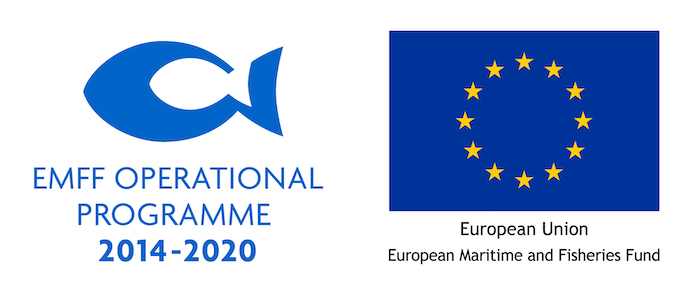

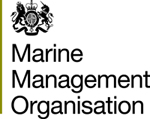
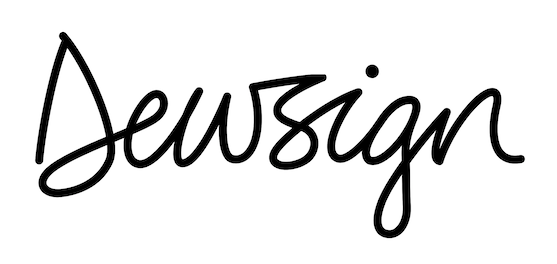

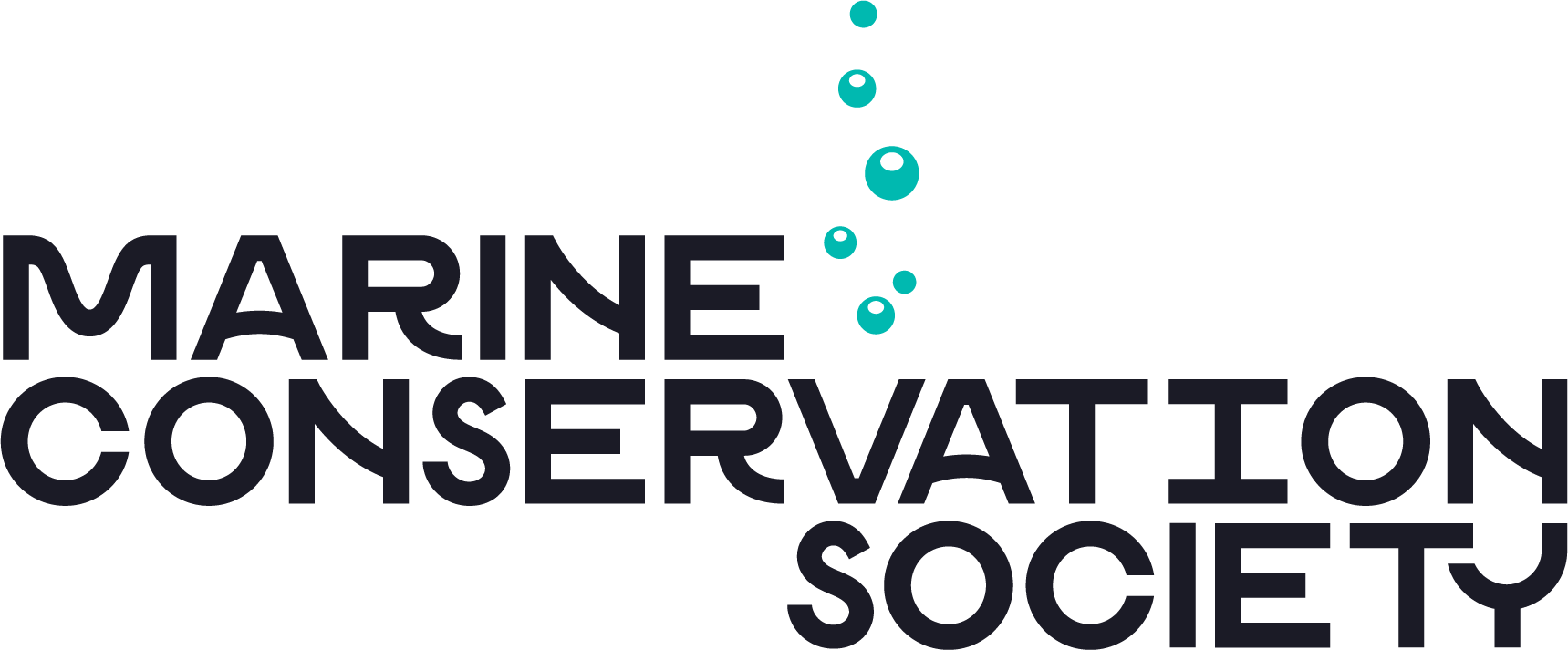
Cornwall Good Seafood Guide is underpinned by the Marine Conservation Society (MCS) Good Fish Guide. The first UK consumer guide to sustainable seafood. For more information visit www.fishonline.org
Cornwall Good Seafood Guide is here to help us all make sustainable seafood choices. Choices that will help us keep the oceans healthy and Cornish fishers' futures safe. This website is funded by Cornwall Wildlife Trust. If you would like to make a meaningful difference to the health of our oceans, please consider making a donation to the Cornwall Wildlife Trust Ocean Emergency fund. Your donation will help safeguard these remarkable environments, ensuring that they continue to thrive for generations to come. Together, we can be stewards of the seas and champions for a healthier, more sustainable future.